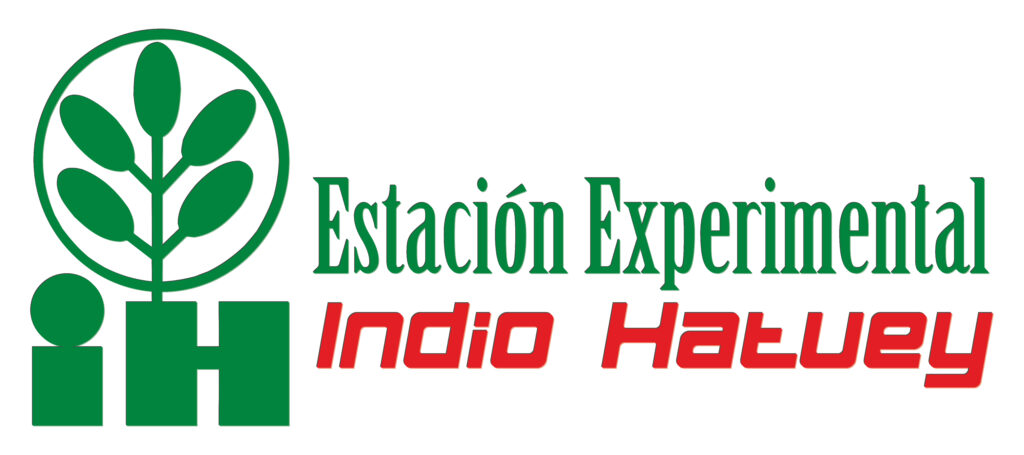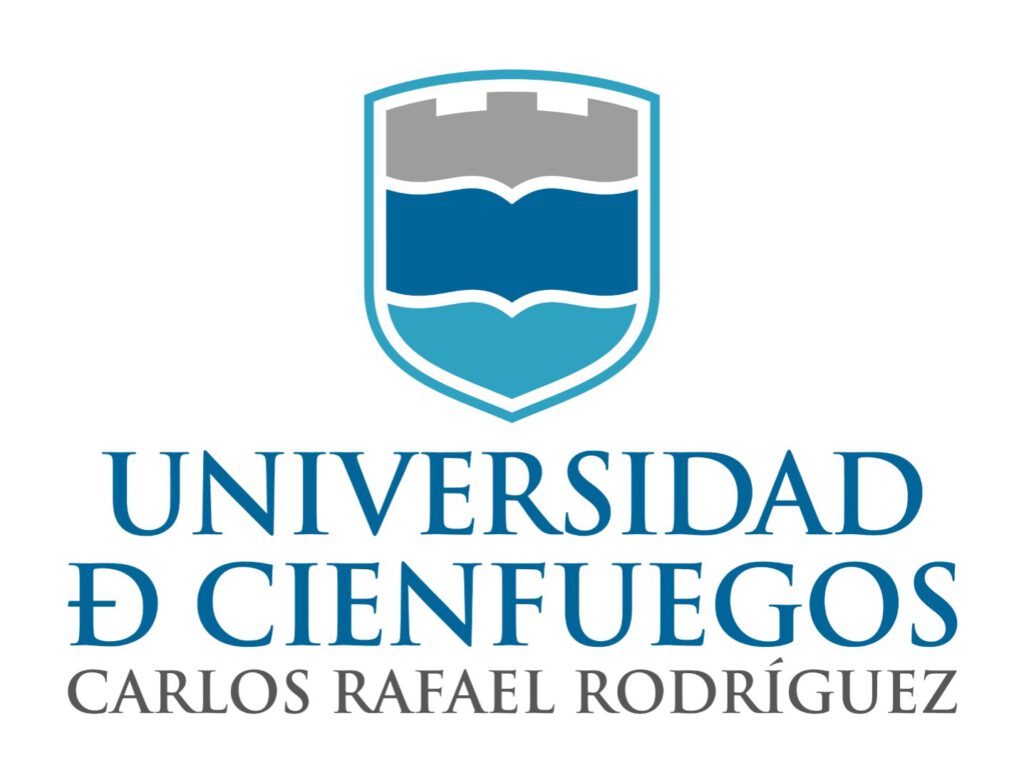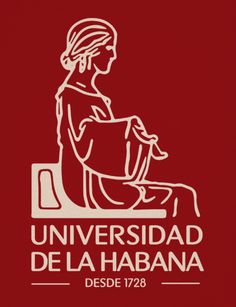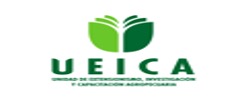
The Experimental Station of Pastures and Forages “Indio Hatuey” (EEPFIH; https://www.ihatuey.cu/) of the University of Matanzas, Cuba, was founded in 1962. It is a research center that studies socio-economic aspects and the management of technological innovation in rural areas. The center contributes to sustainable local development and environmental protection through agroecological production models that integrate food and energy production. EEPFIH, respecting gender equality, promotes the development of low-carbon communities and pursues the concept of a circular economy to achieve food sovereignty sustainably. Therefore, in the CUBE, EEPFIH will mainly contribute with its expertise in the practical application of innovations.
To know more about the members of our team, click here.

The University of Cienfuegos (UCf; www.ucf.edu.cu) was founded in 1979 to promote professionals’ integral and continuous training. UCf contributes to the revitalization of the socio-economic development of Cienfuegos and Cuban society as a whole through knowledge and innovation. It has several research centers and four doctoral programs: Educational Sciences; Sustainable Energy and Industrial Technologies; Local Development and Territory; and Social Studies of Science and Technology. The UCf has implemented several projects related to the principles of the bioeconomy: among them, 1. the Local Agricultural Innovation Program; 2. University Management of Knowledge and Innovation for Local Development; 3. the “University in the Mountain”; 4. an Innovation and Training Program for Sustainable Agricultural Development in Cienfuegos. Therefore, in the CUBE, the UCf will mainly contribute its experience in territorial development processes.
To know more about the members of our team, click here.

The University Network of Knowledge Management and Innovation for Local Development (GUCID), created in 2006, is a nationwide program of the Ministry of Higher Education whose mission is to promote academic institutions as agents of knowledge and innovation for local development. The GUCID network includes all universities and scientific and technological research institutes in the country. GUCID is based at the Department of Science, Technology, Society and Innovation (CTS+I) of the University of Havana. Therefore, at the CUBO, GUCID will mainly organize exchanges with interested research institutions and promote knowledge transfer at the national level. Through the cooperation with GUCID as a program of the Ministry, political support for the CUBE is guaranteed. This will also have a positive impact on the overall quality of the cooperation. Synergy effects can be achieved through the different foci of work of the partner organizations iES, ZEF, EEPFIH, UCf and GUCID. This also adds value for the partner institutions, specifically addressing bioeconomic research and practice through the CUBE. Experiences in different areas and regions can be exchanged, and mutual learning effects can be achieved.
To know more about the members of our team, click here.

The Holguin Agricultural Extension, Research and Training Unit (UEICA) is in charge of executing research, development and innovation projects related to integral technologies for agricultural production and providing scientific and technological services that contribute to satisfying the knowledge needs of producers for the promotion of biodiversity, the progress of agricultural yields and sustainable development; for this purpose it has a human capital composed of Doctors of Science, Masters, researchers and specialists.
The Institution, unique in the eastern region of the country, has more than three decades of valuable experience in agricultural research, extension and training activities. The actions developed in national and international, territorial, business and institutional projects have been aimed at increasing the diversity of plant and animal species, soil conservation and improvement, the production of bio preparations and biopesticides with the use of natural plants for the control of harmful agents, the use of local alternatives for the production of animal feed, food conservation and development of mini-industries, the strengthening of local agricultural innovation systems, the improvement of food availability, and the use of renewable energies; This process has been accompanied by conferences, workshops, exchanges, fairs and festivals of diversity and technologies, preparation of action plans according to diagnosed demand, development of postgraduate courses, diplomas, specialties and master’s degrees.
To know more about the members of our team, click here.
